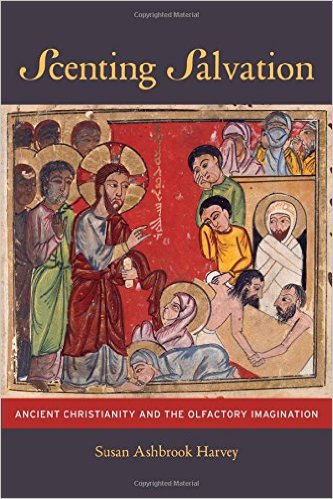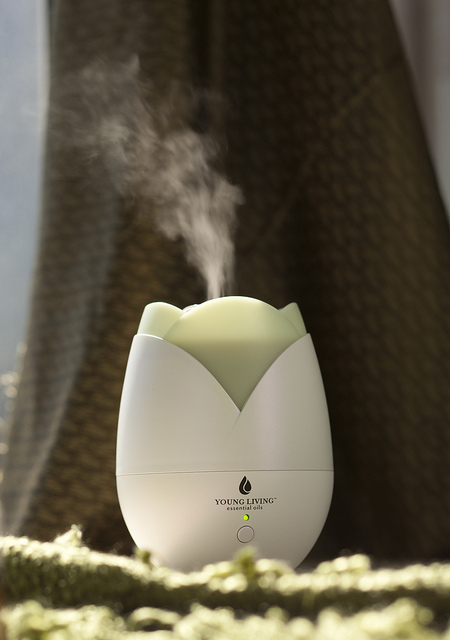In my article on the psychology of aroma I pointed out that the sense of smell is one of the most important—though overlooked—components to human well-being.Throughout human history doctors have recognized the therapeutic properties of aroma. The ancient Greek physician Hippocrates reflected widespread understandings when he noted that “The way to health is to have an aromatic bath and scented massage every day.” By contrast, the modern practice of aromatherapy is often looked upon with skepticism by the medical establishment. As a culture in general, we are probably the least smell-conscious society ever to have existed on the planet. Why is that?
According to “The Smell Report“, published by Social Issues Research Centre, the problem is partly traceable to the period of history known as “the Enlightenment.” During this period, they suggest “the emotional potency of smell was felt to threaten the impersonal, rational detachment of modern scientific thinking.” Under the philosophy of empiricism, the organs of sight and hearing achieved unprecedented primacy, leading to a widespread marginalization of the important role that smell could play in human well-being.
 As a Christian, I’m interested in the religious implications to the ongoing influence of the Enlightenment, especially since the 18th century approach to smell was so antithetic to our own spiritual tradition. In 2006 Susan Harvey wrote a monograph on smell in the early church while Vigen Guroian explored the spirituality of scent in his little devotional book The Fragrance of God. The attitude of early Christians (as summarized by Susan Harvey in her work on the olfactory imagination of the early church) was that “Smells mattered because they were invisible, because they were transitory, because they were mobile, because they lingered, because of their potency to change substance or experience or meaning.”
As a Christian, I’m interested in the religious implications to the ongoing influence of the Enlightenment, especially since the 18th century approach to smell was so antithetic to our own spiritual tradition. In 2006 Susan Harvey wrote a monograph on smell in the early church while Vigen Guroian explored the spirituality of scent in his little devotional book The Fragrance of God. The attitude of early Christians (as summarized by Susan Harvey in her work on the olfactory imagination of the early church) was that “Smells mattered because they were invisible, because they were transitory, because they were mobile, because they lingered, because of their potency to change substance or experience or meaning.”
Further Reading

